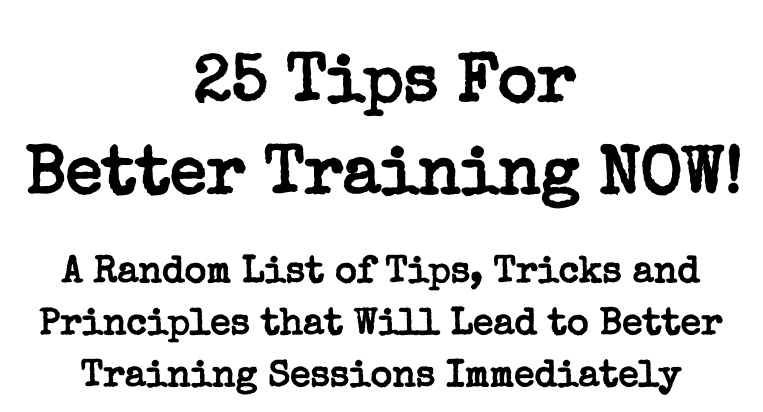The #1, post Beginner phase, Mistake Lifters (still) Make? Rushing The Rep They don't set up with intention, unrack the weight "tight", allow the weight to settle, compress the joints and "feel" the weight before performing the movement. Weights get a little heavy, the set gets a little hard and we start to think, "If I go fast, i'll get in and out, and don't have to hold the weight any longer than is absolutely necessary" This probably happens for a few reasons: Figured out the Stretch Reflex. Sooner or later you've discovered the "bounce" or "rebound" you can get out the the bottom of a squat or bench. Not in a, crash the bar into your chest and … [Read more...]
Stretches Worth Doing Everyday
Stretching used to be the cure-all for every communicable diseases physical ailment. However, stretching has become a ten four letter word the last decade or so, and that's a good and bad thing. People swore stretching would: alleviate soreness keep soreness away improve muscle length improve "tightness" heal injuries prevent injuries improve performance Well, now we know that some of those are true some of the time. Like most things in life it comes down to CONTEXT. The how, what, why and when. Case in point; stretching does help to improve muscle length, if you have a statically tight muscle. But Stretching in the short-term decreases … [Read more...]
RandomThoughts on Strength Training
Lets get some things straight: 1) Exercise Intensity: Percentage of 1 Rep Maximum..... It's a scientific, numerical, value...not a "feeling" about how "tough" a workout is. 2) Max Effort Training is about training at or above 90% of your 1 Rep Maximum. It has NOTHING to do with the "effort" you "feel" you are putting out. It's all about the relative intensity of the exercise. It's a NUMERICAL VALUE....if you can't put a MEASURABLE NUMBER on it...it's not Intense. Therefore, your 3 hour Zumba class, unless measured through the use of heart rate monitoring and judged against maximum hear rate, was not intense. Now that, that's out-of-the-way. 3) Max … [Read more...]






